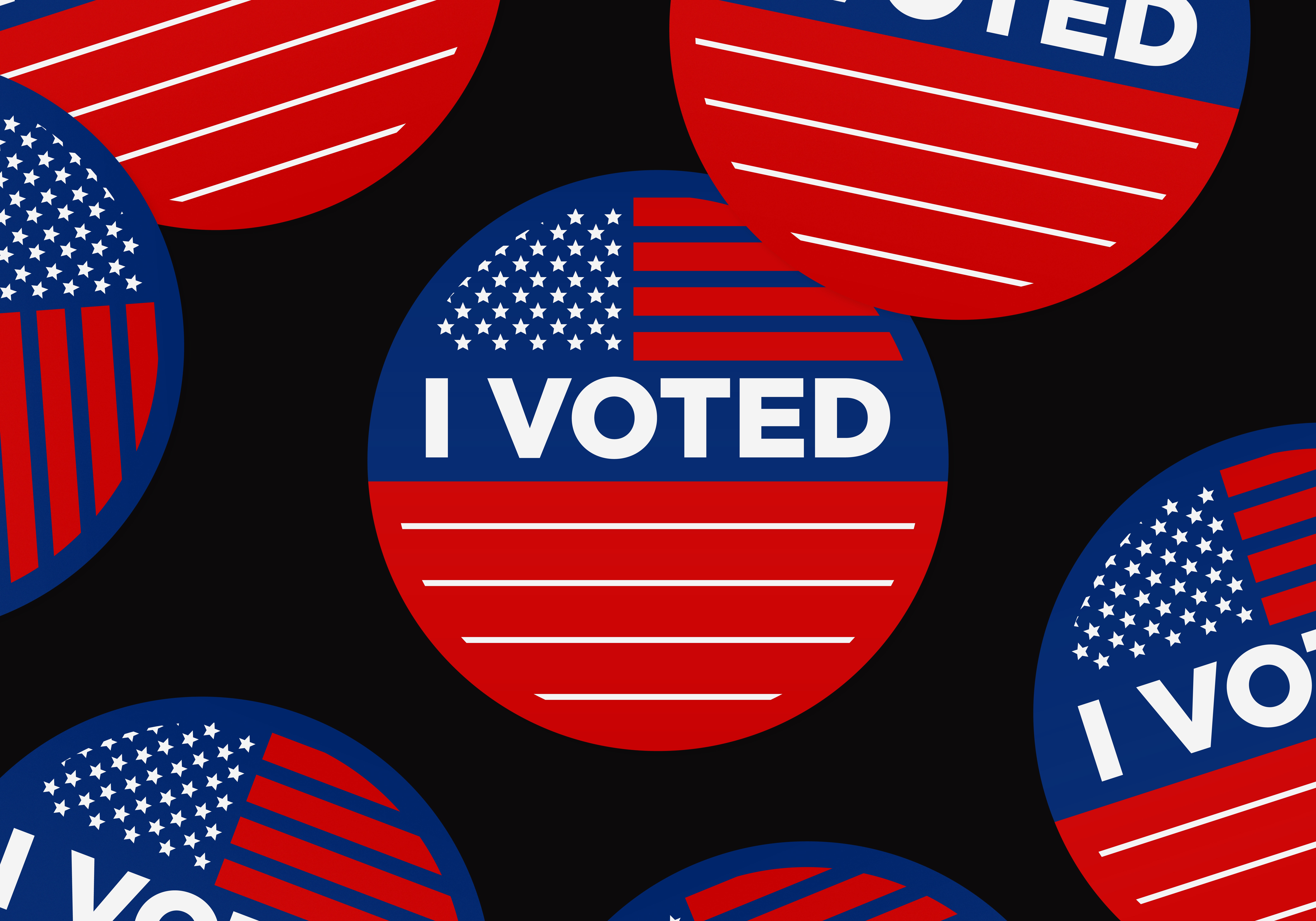The rise of the internet and social media has brought many positive changes; from people having access to an enormous volume of information and news, to instant communication between people across long distances. Despite these positives, there are also negatives that present themselves. Society now has constant news at all hours of the day which results in people in states on the east coast being aware of contentious issues in states on the west coast. Over the past forty years, society has been steadily inserting politics into all aspects of life. As a result, political tension has been accelerating, resulting in extreme rifts between ideologies. Communication between sides has become seemingly more difficult, if not impossible, to accomplish. But is our current political state an accurate representation of politics, or is the definition of politics something else entirely?
The word ‘politics’ is derived from the Greek word ‘polis,’ which means the city-state. The Greek philosophers defined politics as a subject that dealt with all the activities and affairs of the city-state. The Greeks did not differentiate between the state and the government, and the state and society. To them, politics was the study of man, society, state, morality, etc. The Romans, whom the Founding Fathers of the United States sought to model after, also took inspiration from the Greeks’ definition of politics. Roman politics consisted of four offices: quaestors, aediles, praetors, and consuls. Each office was responsible for some aspect of public relations such as monitoring and administering state treasury funds for the quaestors, maintaining public property for the aediles, settling civil disputes and producing public festivals/events for the praetors, and presiding over the senate for the consuls while the senate held authority to prosecute high crimes. The ancient political framework was intently designed to manage public relations among the citizens. They understood that if there was no structure, then the people would eventually turn on one another and chaos would destroy the city-states. The citizens relied on the people in their respective offices to fulfill their duty on the citizens’ behalf.
So why are people today increasingly claiming to be apolitical or saying ‘sensitive’ interactions amongst citizens are being ‘made political’ despite what history has shown? With an abundance of information on current political topics, why are people feeling less inclined to discuss them? This delusional aversion to political discussions stems from historical ignorance and has created unnecessary barriers to communication. People used to mention, “never discuss politics or religion,” which at first might seem insightful. However, it is a very foolish idea because there is no distinction between ‘politics’ and ‘public life.’ Any topic that deals with more than one individual is inherently political.
Any topic that deals with more than one individual is inherently political.
If a crime has been committed, there are automatically at least two parties involved. When citizens vote, they are invoking elected officials to produce the desired results on their constituents’ behalf. Unfortunately, people have access to information not directly relevant to their daily life and this has developed a sense of false urgency. The narratives are spun in a way that fear mongers and causes paranoia. If a local news story gains national attention, the media and politicians claim that it wasn’t a one-off scenario but rather a guaranteed result in all other states. What a small business does in one state has little to no consequences to people in another state. Just as the Romans separated the public responsibilities, the founders also separated the branches of government. This separation is important because it gives the primary authority to the states and the citizens have every incentive to participate in discussions pertaining to state decisions as the results would have the most direct impact on them.
If people are not able to participate respectfully in public debates, then a civilized society is impossible. The state’s primary objective should be to protect its citizens’ life, liberty, and property. Even if you believe that someone is morally wrong because they express a different viewpoint, you can still participate in civilized disagreements. If you disagree with the owner of a business’s values or business conduct, then you should find one that you agree with to patronize. The use of political power to force someone with an opposing viewpoint to agree with you is no different than tyranny. Society today has convinced itself that the ends justify the means – that if I feel someone disagreeing with my values then they must wish me and others who are like-minded harm. To protect me and those like me, we should not allow the opposing side to voice an opinion. This is an extremely dangerous perspective because if you believe that verbal disagreement is the equivalent of physical violence, why would you not be justified in shutting down dissent?
The Greeks, Romans, and Founding Fathers all believed that public discourse was critical to a functioning society. Without it, chaos would ensue, and society would crumble. Paranoia is the enemy of discourse and by exchanging dialogue amongst your fellow citizens, you can gain insight into various viewpoints. One does not need to agree one hundred percent with another person to share the public space. It’s irrelevant whether the cashier shares your opinion on gun control, or if your boss agrees with you on universal healthcare. Ideological disagreements are part of living in a human society, so recognizing and accepting this will ultimately allow for a civilized society to flourish. Only when one side attempts to eliminate the other side will the political landscape descend into chaos and become a tyranny.








